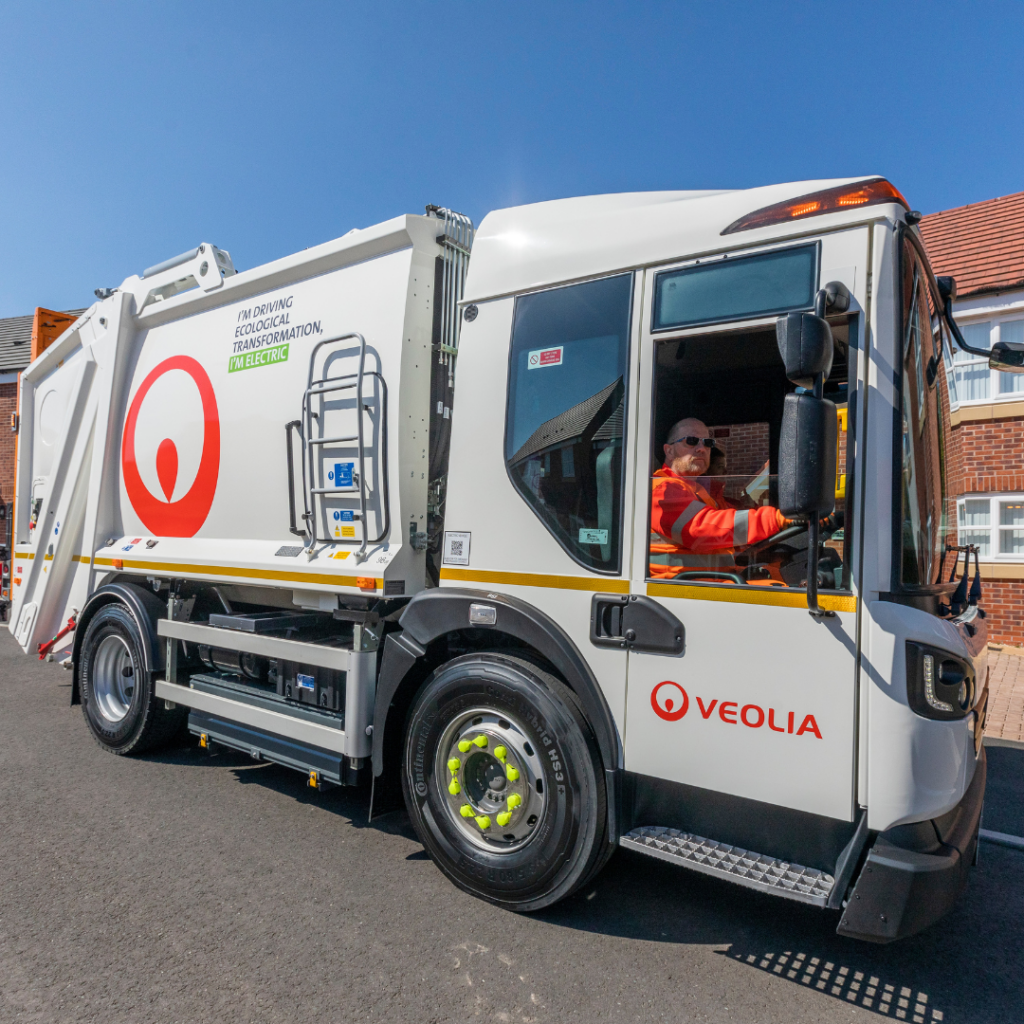MBT usually sees some recyclables such as metal and plastics removed from mixed residual waste, before the remaining organic components are biodegraded naturally in a process similar to composting.
When the biodegradation process is complete, the resulting material, which is drier and lighter than before, is either burnt for fuel or used as a stable landfill cover. Typically about 40% of the material going through MBT processes comes out as this dried material that must be either landfilled or incinerated.
Legitimate
Mr Morley said such processes could help councils achieve Landfill Directive targets to reduce biodegradable municipal waste (BMW) going to landfill. “Mechanical and biological treatment is a perfectly legitimate operation in respect of meeting the requirements of the directive, when it reduces the biodegradable activity in the waste,” Mr Morley said.
The minister was adressing Parliament during a recent debate on the Waste and Emissions Trading Bill. He warned that MBT operations must be sure to not just dry the organic material but also to reduce its biodegradable activity – otherwise, the material could still produce methane emissions.
But if done properly, he said: “When legitimate mechanical and biological treatments have been carried out, the waste disposal authorities should get the benefits of any reduction in biodegradable content of the waste in landfills.”
Hope
Some councils are already hoping that MBT will provide a one-stop solution for dealing with household waste, which produces a “compost” that can be used to recondition landfills. But critics have pointed out that the end material, if produced from unsorted waste, could not be used or sold as a high-quality compost because of unknown contaminants.
The government is now setting up a research programme to look at the reduction in biodegradable activity of residual waste achieved by different MBT processes.
Mr Morley explained that if a waste disposal authority can demonstrate its residual waste is subject to a particular treatment, it will be credited with a reduction in biodegradable content according to government research done on that particular treatment.
The Landfill Directive has set the target for the reduction of BMW to 35% of the 1995 level by 2020.










Subscribe for free